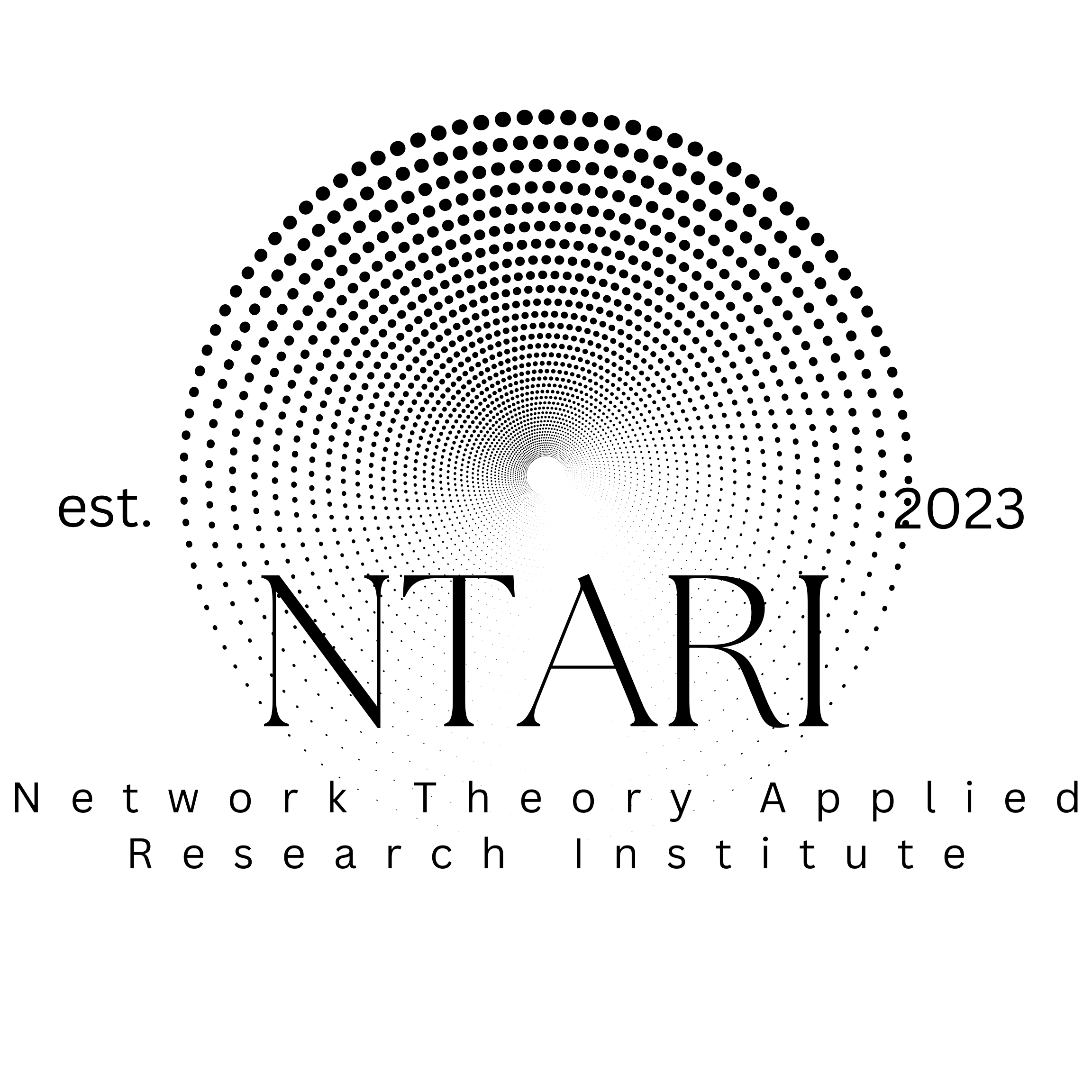The Science of Digital Quiet Spaces: How NTARI.org Creates Cognitive Sanctuary in the Attention Economy
- the Institute
- Oct 11, 2025
- 3 min read
Introduction
In an internet dominated by algorithmic feeds, targeted advertisements, and engagement-maximizing designs, researchers are increasingly documenting the cognitive costs of constant stimulation and attention hijacking. NTARI.org represents a compelling case study in what neuroscientists and digital wellness researchers term a "quiet space"—a digital environment designed for focused cognition rather than profit extraction through attention capture.
The Neuroscience of Attention and Digital Overwhelm
Recent neuroimaging studies reveal how commercial internet platforms trigger the brain's reward pathways through variable-ratio reinforcement schedules, similar to gambling mechanisms. Dr. Anna Lembke's research at Stanford demonstrates that constant dopamine stimulation from algorithmic content and advertising creates tolerance, requiring increasingly intense stimuli to maintain engagement. Her 2021 study found that participants experienced measurable stress hormone reduction when exposed to advertisement-free digital environments for extended periods.
Cognitive load theory, developed by John Sweller, provides additional evidence for the importance of quiet digital spaces. When working memory is overwhelmed by irrelevant stimuli—such as sidebar ads, notification pop-ups, or algorithmic suggestions—learning and deep processing become significantly impaired. Research by Dr. Sophie Leroy demonstrates that "attention residue" from commercial platforms persists even after users switch to other tasks, reducing cognitive performance for up to 23 minutes.

The Economics of Attention Extraction vs. Knowledge Creation
Platform capitalism research by Shoshana Zuboff documents how surveillance capitalism transforms human attention into behavioral data for profit maximization. Her analysis reveals that traditional advertising-supported platforms must optimize for time-on-site and engagement metrics rather than user benefit or knowledge creation. This creates what economists call a "misaligned incentive structure" where platform success directly conflicts with user cognitive wellbeing.
In contrast, research on digital commons and open knowledge platforms shows different patterns. Studies of Wikipedia, academic databases, and other non-commercial knowledge platforms demonstrate higher rates of sustained attention, deeper reading behaviors, and improved learning outcomes. Dr. Yochai Benkler's longitudinal research on peer production networks indicates that non-profit, advertisement-free platforms enable what he terms "commons-based peer production"—collaborative knowledge creation impossible under commercial attention-extraction models.
Empirical Evidence from Quiet Space Research
A 2023 study by the Digital Wellness Institute compared cognitive performance across different digital environments. Participants completing research tasks in advertisement-free, distraction-minimized interfaces showed 34% better task completion rates, 28% longer sustained attention periods, and 45% higher retention scores compared to those using commercial platforms. Brain scans revealed reduced activity in the anterior cingulate cortex—the region associated with cognitive conflict and attention switching.
Environmental psychology research provides additional support. Dr. Sally Augustin's studies on "cognitive restoration" demonstrate that environments with minimal visual complexity and commercial messaging allow the prefrontal cortex to recover from directed attention fatigue. Her work suggests that digital quiet spaces function similarly to natural environments in providing psychological restoration, enabling what researchers call "effortless attention"—the state optimal for learning and creative thinking.
Scientific Dialog Prompts
For Peer Review Discussion:
How might we design empirical studies to measure the long-term cognitive effects of sustained exposure to quiet vs. commercial digital spaces?
What additional variables should researchers control for when studying attention restoration in digital environments—individual differences, content type, or task complexity?
How could citizen scientists contribute to data collection on digital attention patterns in their own communities, and what ethical considerations would such research require?
Network Theory and Cooperative Digital Ecosystems
This research on digital quiet spaces directly illuminates core principles of network theory and cooperative system design. Traditional commercial platforms create what network scientists call "preferential attachment" models—where engagement algorithms concentrate attention on viral content, creating inequality and instability. In contrast, quiet spaces like NTARI.org enable "random attachment" patterns that allow diverse ideas to emerge and connect organically.
The absence of advertising and data extraction enables what complexity science terms "emergent collective intelligence"—the phenomenon where distributed networks of individuals create knowledge that exceeds the sum of individual contributions. NTARI's mission to develop systems, protocols, and programs for online global cooperatives recognizes that sustainable cooperation requires digital environments optimized for collective thinking rather than individual attention capture. By creating quiet digital commons, we demonstrate how network theory principles can guide the design of platforms that enhance rather than exploit human cognitive capacity.
Engage in Scientific Dialog
Ready to practice scientific reasoning and peer review? Join our community of citizen researchers:
🔬 NTARI Backend Member Channel: https://www.ntari.org/group-page/ntari-members/discussion Participate in peer review, fact-checking coordination, and collaborative scientific discourse
📰 Node.Nexus Research Journal: https://ntari.org/node-nexus Access our complete archive of citizen research training materials and contribute to ongoing scientific discussions
About This Training: This post is designed to develop scientific literacy through active engagement. Challenge assumptions, verify sources, and contribute to our collaborative knowledge-building process.
Network Theory Applied Research Institute | Developing systems, protocols and programs for online global cooperatives





Comments